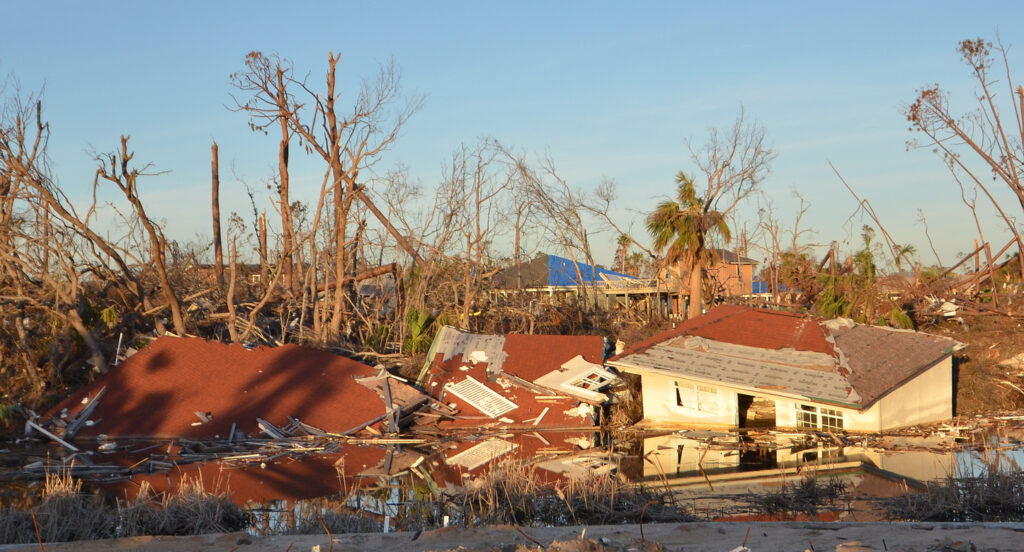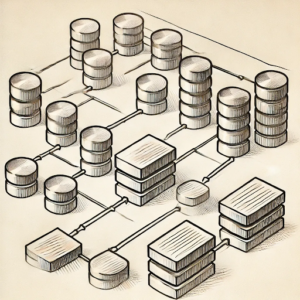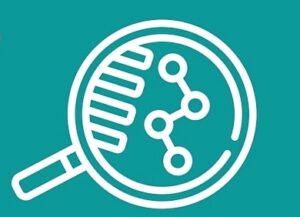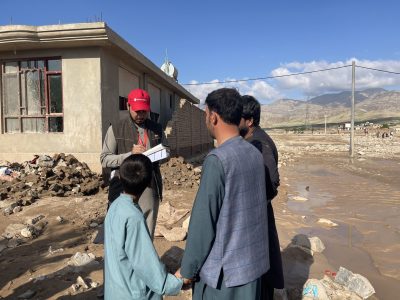
Humanitarian Action
Humanitarian response requires timely and decisive action, but for many organizations, finding and using the right data to inform situation analyses and decisions has been a long-standing challenge that needs urgent attention. Data science and AI can transform data chaos into actionable insights to help responding organizations prioritize action, coordinate across the sector, and optimize resources to save more lives.
The ability to combine meaningful data, meaningfully, is a consistent challenge experienced across the humanitarian sector for planning effective humanitarian response, coordinating with other agencies, and for planning and implementing the mitigation and preparedness phases of disaster risk reduction.
The Humanitarian Data Insights Project (HDIP), an initiative launched by DataKind, Save the Children, and Microsoft, explores new technologies and approaches to transform data chaos into actionable insights that are critical to bolster the speed, scope, and impact of humanitarian response. Given increasing demand for humanitarian assistance and varying data literacy (skills and confidence) amongst humanitarian personnel, HDIP strives to empower organizations by providing actionable, interpretable insights to facilitate effective decision-making for optimal response strategies.
Media error: Format(s) not supported or source(s) not found
Download File: https://www.datakind.org/wp-content/uploads/2024/07/Introducing-Humanitarian-AI-Assistant-HDF-no-audio.mp4?_=1
DataKind is building community centric, transparently designed, cost conscious solutions that can be operationalized by any humanitarian organization.
The Humanitarian AI Assistant is the first solution being advanced under HDIP. Designed with both data oriented and program management staff in mind, this is a Large Language Model (LLM) assisted conversational tool to facilitate the efficient and accurate data analysis of humanitarian datasets. It lowers the barriers for non-technical users to discover, explore, analyze, and ask questions of data.
DataKind worked extensively with the Humanitarian Data Exchange, a service provided by OCHA, to use their new HDX API (HAPI) as it opens up a wealth of humanitarian data in a standardized format.
To learn more, stay informed about product development and releases, engage in deeper user research, and test AI-powered solutions in development, sign up to join our Community of Practice.





